The most competitive and comprehensive Semaglutide
option in Utah...
Recovery - performance - longevity

You Can Heal Your Body
Utah’s #1 for Functional Medicine and Regenerative Health Solutions
Helping you achieve the life you want medication free
Our Specialized Care Solutions
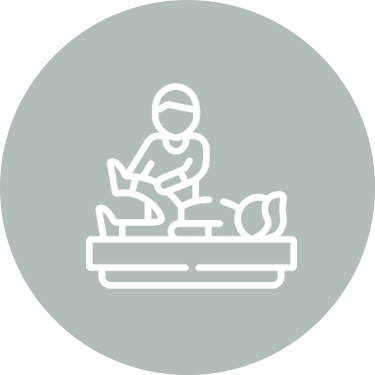
Physical Care
➧ Tailored Health Solutions for Men and Women
➧ Weight Loss Management: Personalized, Sustainable Programs
➧ Prolozone Therapy for Effective Pain and Healing
➧ Aesthetic treatments: Botox and fillers

Holistic Care
➧ Management of Hormone Imbalances & Bio-identical Hormone Replacement Therapy
➧ Advanced Techniques for Fatigue and Stress Management
➧ Comprehensive Solutions for Chronic Fatigue & Sleep Disorders
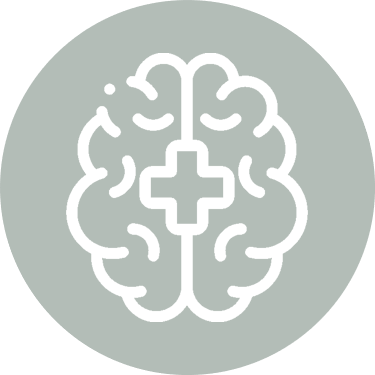
Neurological & Mental Health Care
➧ Dedicated Mental Health Support
➧ Cutting-edge Neurofeedback Therapy
➧ Specialized Care for Mood, Stress, and Anxiety Disorders

Are you sick and tired of being sick and tired?
You have tried everything; diets, supplements, exercise, medication, and far more, yet you are still in pain, exhausted, your medications keep increasing, and you feel like it is impossible to get enough sleep.
At Prestige Wellness Institute our mission is to empower our patients by providing them with evidence-based and effective natural treatments using regenerative health and functional medicine philosophies and tools. We believe each person should be treated with a unique individual health plan and address the root cause to their symptoms. We know that the best possible outcome for our patients can occur when we as healthcare providers and expert staff are working as part of a team with each person individually.
Why CHOOSE US
At Prestige Wellness Institute, we offer personalized, safe,
and natural solutions for your mind, body, and overall well-being.
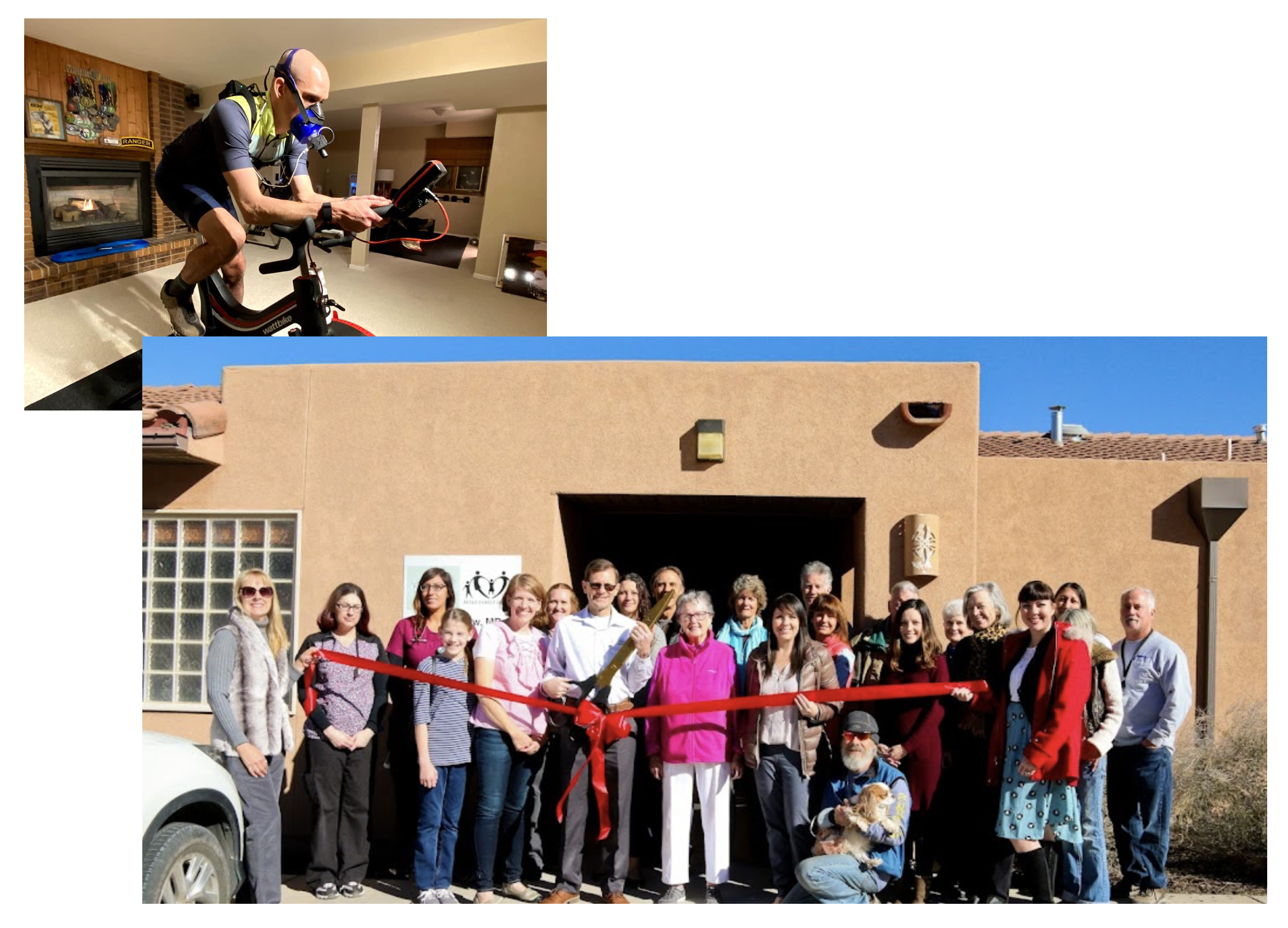
Here's why to choose us:
Personalized Care: Tired of treatments that don’t fit you? We design customized wellness plans that match your unique needs, lifestyle, and health goals, ensuring every therapy is matched specifically to you.
Natural & Safe Solutions: Are you concerned about side effects or synthetic treatments? Our therapies use bioidentical, plant-based hormones and non-invasive regenerative methods. That helps to restore health naturally and safely.
Holistic Wellness Approach: Tired of focusing on symptoms rather than overall health? We find out the root causes of imbalance, combining multiple therapies for whole-body wellness and long-term vitality.
Proven & Evidence-Based Methods: Wondering if it really works? Every therapy at Prestige Wellness is connected with clinical research and real-world success, ensuring you receive methods that truly work.
Convenience & Comprehensive Care: Are you done with scattered care? At Prestige Wellness, we provide all your treatments under one roof. We give you a stress-free experience.
Your Goals, Our Priority: Worried about your wellness needs? We prioritize your health goals, creating personalized solutions that fit your lifestyle. We deliver real and lasting results.
How do you get started?


Schedule Your Appointment
Call our office in either location of Moab or Springville Utah to book your appointment with one of our specialists.


You Tell Us
Complete our custom surveys and questionnaires. This gives us an in depth snapshot into your symptoms, history and health issues.


Meet With Us
Receive a biofeedback scan upon arrival and meet with your medical professional specialist for your personal 90 minute in-depth health evaluation. Your specialist will go over their findings and root cause diagnosis for you and all of your health concerns and symptoms.


Choose Your Plan For Better Health
During your meeting you will receive your personalized custom health program for ongoing care.
ARE YOU READY TO TAKE YOUR LIFE BACK AND LIVE IT TO THE FULLEST?
We understand your struggles. Over and over, we've witnessed the story: individuals, both men and women, leading dynamic lives until, suddenly, they find themselves running on empty. We're familiar with the narratives of disrupted sleep, persistent pain, escalating medication, and a constant state of exhaustion.
Through treating thousands of patients, including members of our own team, we've recognized that there is a way forward. The key is that this journey isn't one-size-fits-all; it's a path shaped by your individual experiences and needs.

Our Wellness Services
If you are feeling low energy, brain fog, and aging issues, then we have another service that can match your condition.
We are experts in providing natural plant-based solutions for your body and mental health-related issues.
Let's find out about our other wellness services.

Aesthetics & Injectables:
Are you facing aging issues? Boost your natural beauty with safe, expert cosmetic treatments. Get rid of smooth wrinkles, restore your volume, and boost confidence effortlessly. Every treatment is personalized to match your unique features and goals.
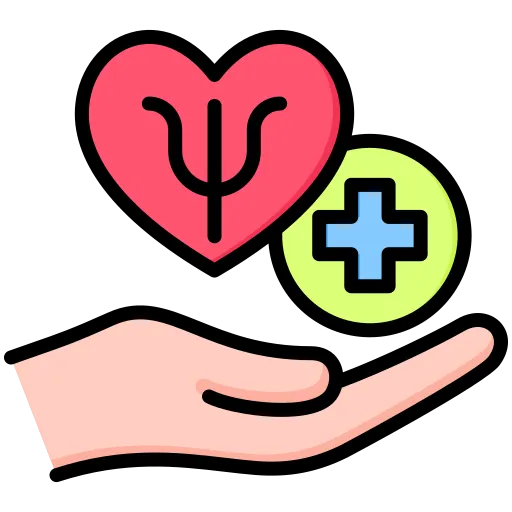
Softwave Therapy:
If you have joint pain, muscle injury, and stiffness. We use soundwave technology to regulate and stimulate healing and tissue regeneration safely. Our targeted approach ensures deeper, effective healing for long-lasting results.

Weight Loss Therapy:
If you have stubborn weight and a low metabolism. We have a peptide-based program that supports fat loss and restores energy balance. Each plan is customized to fit your body’s needs and lifestyle.
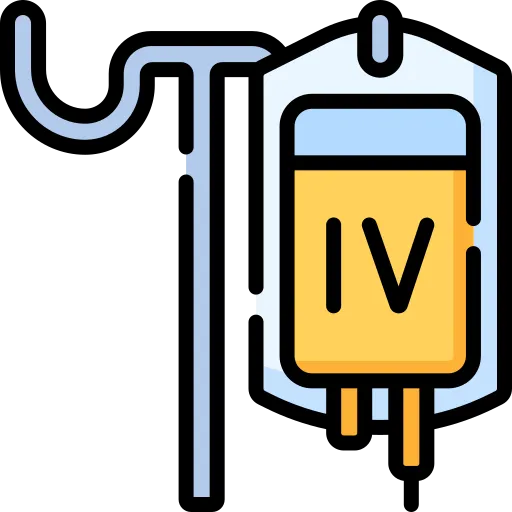
IV Therapy:
Recharge instantly. Best for fatigue, dehydration, or nutrient deficiency. We deliver targeted vitamins and hydration directly into your bloodstream to get fast results.
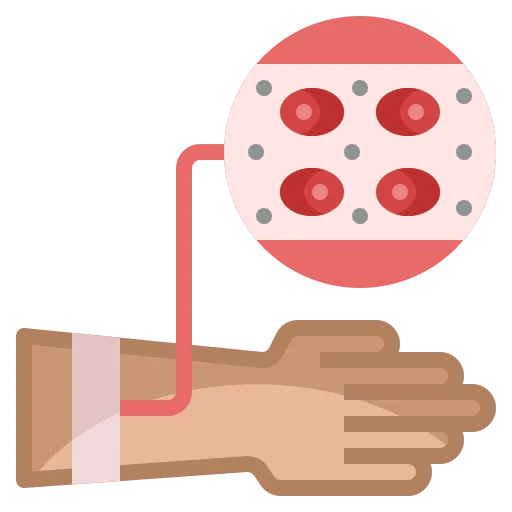
Chelation Therapy:
Detox and protect your heart health. We remove heavy metals safely with IV chelation. This works to detoxify and improve cardiovascular health by removing heavy metals from your system through safe IV treatments.
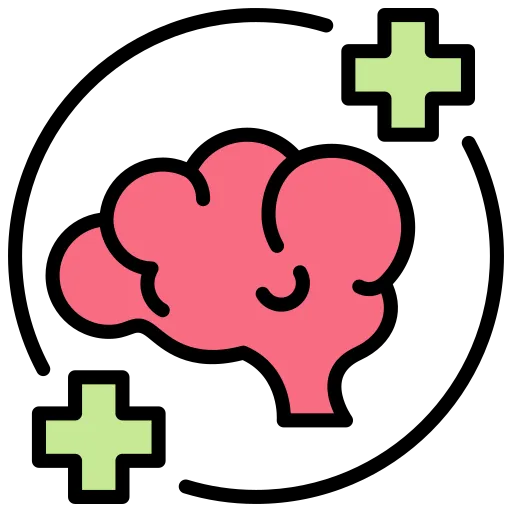
Micro-current Neurofeedback (IASIS):
Reset your mind. If you are facing anxiety, depression, or brain fog. We apply gentle neurofeedback signals to retrain the brain for calmness and clarity.
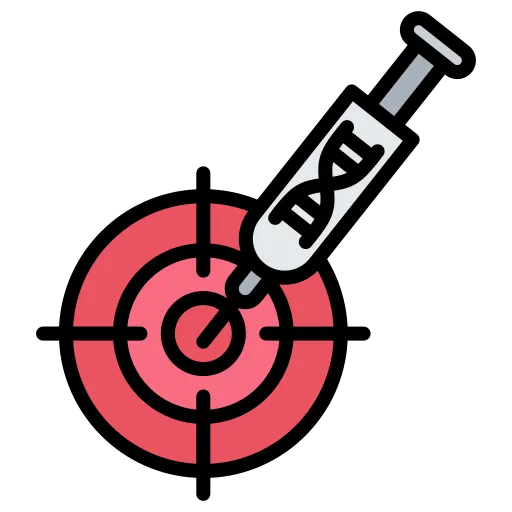
Prolozone Therapy:
Repair your joints naturally. If you have chronic pain, arthritis, and joint issues. We use oxygen and nutrient injections to repair tissues and restore natural function. Our expert-guided therapy targets the root cause, not just symptoms.
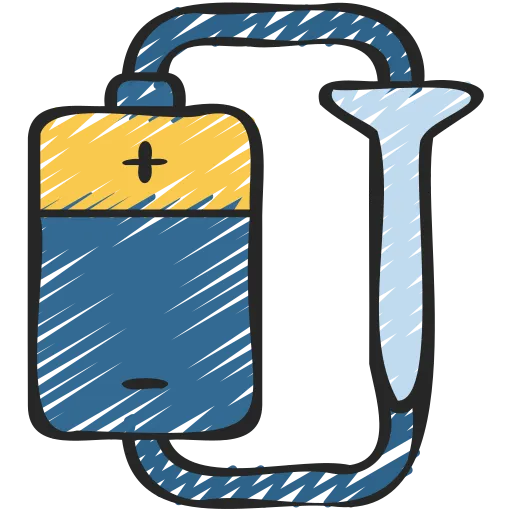
Pulsed Electromagnetic Field (PEMF) Therapy:
Restore your body's natural energy. This treatment helps in recovery from inflammation, fatigue, or chronic pain. We use electromagnetic pulses to recharge cells and improve circulation.
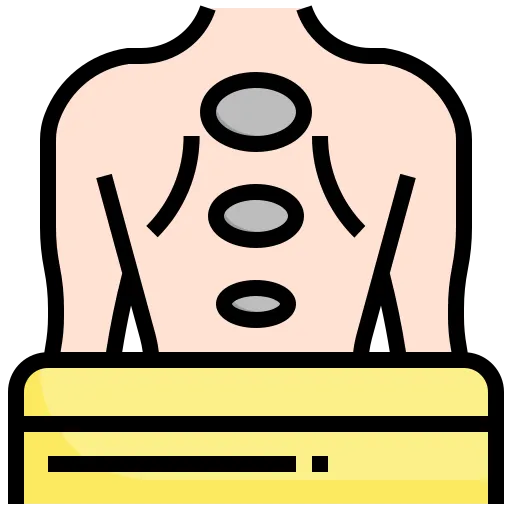
Massage Therapy:
Facing the stiff muscles issue? Our massage therapy helps to relieve tension, reduce stress, and support flexibility. Personalized sessions help restore balance to body and mind.
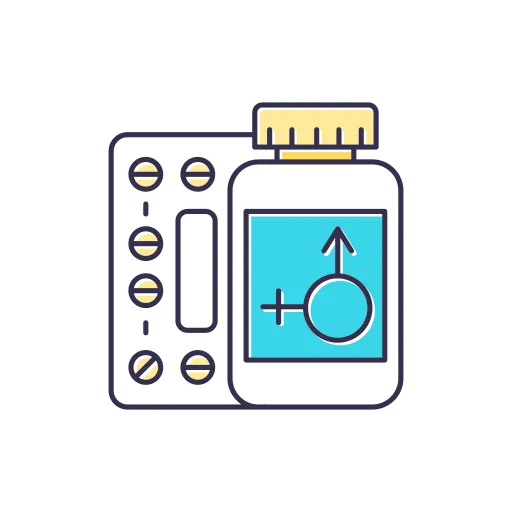
Hormone Replacement Therapy BHRT:
If you see weight gain and mood swings, then our BHRT will help you maintain them. We provide customized solutions for everyone's needs. Our safe, plant-based hormones restore your body naturally.
TESTIMONIALS
unmute to hear their experiences with us
BLOG ARTICLES

WHAT IS YOUR HEARTBURN TELLING YOU?
Low stomach acid further allows infecting organisms (that would normally be killed by the acid) to get past the stomach and set up infections in other areas. This can lead to either food poisoning or imbalance between the healthy and unhealthy bacteria in the gut.
Heartburn has become so common that a handful of drug companies make billions of dollars a year by suppressing it one day at a time with acid-blocking pills. For some, heartburn is no more than an uncomfortable nuisance, prompting them to keep a bottle of Tums close at hand. For others, it’s a terrifying experience waking up in the night with severe chest pain.
TOO MUCH ACID?
Whatever the experience, our instinctive response is to look for a pill that takes away the pain so we can get on with our day—or night—and hopefully forget about it. Naturally, discovering that antacids and acid-blocking drugs make the pain go away convinces us that our problem is too much acid production in the stomach. But the television commercials never prompt us to ask ourselves (or our doctors) why we might be producing too much acid, or even to confirm that we are. Confirmation is accomplished using a 24-hour pH probe in the stomach. But this is rarely done anymore. Instead, we are led to conclude that if an acid-blocking drug makes the pain go away, this is proof-positive that excess acid is the culprit.
DO WE NEED ACID?
While this line of reasoning makes sense, it is inaccurate. Heartburn can be caused by too much acid, but this is usually not the case. The stomach was designed to make acid for a number of reasons. For example, acid is required for protein digestion. Proteins themselves are too large to be absorbed into the bloodstream. They have to be broken down into amino acids, which can then be absorbed. Cells throughout the body then use amino acids to make enzymes, muscles, bones, joints, many of our neurotransmitters, and much more.
Stomach acid is also essential for adequate absorption of Vitamins D and vitamin B12, magnesium, calcium, zinc, iron, chromium, manganese, copper and other vitamins and minerals. Over time, deficiencies of these nutrients contribute to depression, osteoporosis, cancer, autoimmune disease, anxiety, insomnia, yeast overgrowth, hair loss, charley horses, food allergies, rashes (including hives), diarrhea, constipation, weak fingernails, acne, asthma, bloating, belching, gas, gallbladder problems, etc.
Low stomach acid further allows infecting organisms (that would normally be killed by the acid) to get past the stomach and set up infections in other areas. This can lead to either food poisoning or imbalance between the healthy and unhealthy bacteria in the gut.
WHY DO I HURT?
By design, therefore, the stomach should have a pH between 1 and 3, which is very acidic. By contrast, the esophagus naturally has a pH around 7, which is neutral. Whenever acid makes its way from the stomach into the esophagus, you may experience a very uncomfortable burning sensation (some people develop a chronic cough instead). This sensation does not mean you have too much acid. Rather, it means you have acid in a part of the body that was not designed for it.
So, your next question should be: How did acid get from a place where it belongs to a place where it does not belong? The answer lies in the chemistry and physiology of a segment of muscle that separates the stomach from the esophagus.
WHAT CAUSES HEARTBURN?
The esophageal sphincter opens when you swallow so food can move into your stomach. The rest of the time, this muscle remains tight enough to prevent food and stomach acid from going the wrong way. Well, that’s the way it’s supposed to work. But a variety of triggers cause this muscle to relax when it’s not supposed to, allowing acid to enter and burn the esophagus.
One very common trigger that may surprise you is low stomach acid. If the pH of the stomach is too high from not having enough acid, the esophageal sphincter relaxes. How does this happen? Eating too fast prevents the stomach from making enough acid in time. Age is another common culprit: More than half of people over age 60 have low stomach acid. By age 85, this number climbs to 80%. A third common trigger of low acid is a microorganism called Helicobacter Pylori. This bacterium is better known for its ability to cause ulcers. What you may not realize is that it causes far more heartburn than it does ulcers. Additional causes of low stomach acid include thyroid deficiency, suboptimal adrenal function, and prolonged stress.
Other conditions lead to inappropriate opening of the esophageal sphincter. Obesity, as well as pregnancy, increases pressure on the stomach, which increases pressure on the sphincter muscle. Unhealthy bacteria in the intestines, yeast overgrowth, food sensitivities, nicotine, alcohol, caffeine, bile deficiency, digestive enzyme deficiency, too much exercise, magnesium deficiency, low-chloride diet, parasites, hiatal hernia, and some medications also cause heartburn.
Finally, there are foods that can further relax an already-weakened sphincter: high-fat foods, mint, spicy foods, citrus juices, chocolate, salt and salty foods, onions, carbonated beverages, and milk.
LET’S GET AT THE ROOT OF THE PROBLEM
Like many other health conditions, heartburn often results from a combination of factors rather than a single trigger. Identifying and fixing the underlying causes not only prevents you from having to take a dangerous acid-blocking pill for the rest of your life: It will likely eliminate other symptoms you are having, and reduce your risks of many diseases down the road as well.
To your health,
Ray Andrew, MD

WHAT IS YOUR HEARTBURN TELLING YOU?
Low stomach acid further allows infecting organisms (that would normally be killed by the acid) to get past the stomach and set up infections in other areas. This can lead to either food poisoning or imbalance between the healthy and unhealthy bacteria in the gut.
Heartburn has become so common that a handful of drug companies make billions of dollars a year by suppressing it one day at a time with acid-blocking pills. For some, heartburn is no more than an uncomfortable nuisance, prompting them to keep a bottle of Tums close at hand. For others, it’s a terrifying experience waking up in the night with severe chest pain.
TOO MUCH ACID?
Whatever the experience, our instinctive response is to look for a pill that takes away the pain so we can get on with our day—or night—and hopefully forget about it. Naturally, discovering that antacids and acid-blocking drugs make the pain go away convinces us that our problem is too much acid production in the stomach. But the television commercials never prompt us to ask ourselves (or our doctors) why we might be producing too much acid, or even to confirm that we are. Confirmation is accomplished using a 24-hour pH probe in the stomach. But this is rarely done anymore. Instead, we are led to conclude that if an acid-blocking drug makes the pain go away, this is proof-positive that excess acid is the culprit.
DO WE NEED ACID?
While this line of reasoning makes sense, it is inaccurate. Heartburn can be caused by too much acid, but this is usually not the case. The stomach was designed to make acid for a number of reasons. For example, acid is required for protein digestion. Proteins themselves are too large to be absorbed into the bloodstream. They have to be broken down into amino acids, which can then be absorbed. Cells throughout the body then use amino acids to make enzymes, muscles, bones, joints, many of our neurotransmitters, and much more.
Stomach acid is also essential for adequate absorption of Vitamins D and vitamin B12, magnesium, calcium, zinc, iron, chromium, manganese, copper and other vitamins and minerals. Over time, deficiencies of these nutrients contribute to depression, osteoporosis, cancer, autoimmune disease, anxiety, insomnia, yeast overgrowth, hair loss, charley horses, food allergies, rashes (including hives), diarrhea, constipation, weak fingernails, acne, asthma, bloating, belching, gas, gallbladder problems, etc.
Low stomach acid further allows infecting organisms (that would normally be killed by the acid) to get past the stomach and set up infections in other areas. This can lead to either food poisoning or imbalance between the healthy and unhealthy bacteria in the gut.
WHY DO I HURT?
By design, therefore, the stomach should have a pH between 1 and 3, which is very acidic. By contrast, the esophagus naturally has a pH around 7, which is neutral. Whenever acid makes its way from the stomach into the esophagus, you may experience a very uncomfortable burning sensation (some people develop a chronic cough instead). This sensation does not mean you have too much acid. Rather, it means you have acid in a part of the body that was not designed for it.
So, your next question should be: How did acid get from a place where it belongs to a place where it does not belong? The answer lies in the chemistry and physiology of a segment of muscle that separates the stomach from the esophagus.
WHAT CAUSES HEARTBURN?
The esophageal sphincter opens when you swallow so food can move into your stomach. The rest of the time, this muscle remains tight enough to prevent food and stomach acid from going the wrong way. Well, that’s the way it’s supposed to work. But a variety of triggers cause this muscle to relax when it’s not supposed to, allowing acid to enter and burn the esophagus.
One very common trigger that may surprise you is low stomach acid. If the pH of the stomach is too high from not having enough acid, the esophageal sphincter relaxes. How does this happen? Eating too fast prevents the stomach from making enough acid in time. Age is another common culprit: More than half of people over age 60 have low stomach acid. By age 85, this number climbs to 80%. A third common trigger of low acid is a microorganism called Helicobacter Pylori. This bacterium is better known for its ability to cause ulcers. What you may not realize is that it causes far more heartburn than it does ulcers. Additional causes of low stomach acid include thyroid deficiency, suboptimal adrenal function, and prolonged stress.
Other conditions lead to inappropriate opening of the esophageal sphincter. Obesity, as well as pregnancy, increases pressure on the stomach, which increases pressure on the sphincter muscle. Unhealthy bacteria in the intestines, yeast overgrowth, food sensitivities, nicotine, alcohol, caffeine, bile deficiency, digestive enzyme deficiency, too much exercise, magnesium deficiency, low-chloride diet, parasites, hiatal hernia, and some medications also cause heartburn.
Finally, there are foods that can further relax an already-weakened sphincter: high-fat foods, mint, spicy foods, citrus juices, chocolate, salt and salty foods, onions, carbonated beverages, and milk.
LET’S GET AT THE ROOT OF THE PROBLEM
Like many other health conditions, heartburn often results from a combination of factors rather than a single trigger. Identifying and fixing the underlying causes not only prevents you from having to take a dangerous acid-blocking pill for the rest of your life: It will likely eliminate other symptoms you are having, and reduce your risks of many diseases down the road as well.
To your health,
Ray Andrew, MD
LET US ANSWER YOUR QUESTIONS
We look forward to meeting you.
We'd love to hear from you!
Please send us a message using the form below, request an appointment using our convenient appointment request form or call us today at (435) 210-0184.
Copyright © 2026 Prestige Wellness Institute. All rights Reserved.
Disclaimer
The information on this website is not intended to replace your physician and is not intended as medical advice. It is intended for educational purposes. Dr. Andrew and Prestige Wellness Institute encourages you to make your own health care decisions based upon your research and talk to your health care provider before making lifestyle changes.


